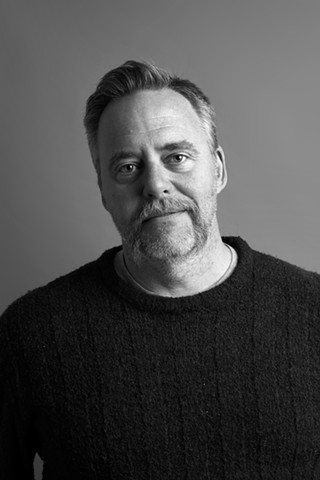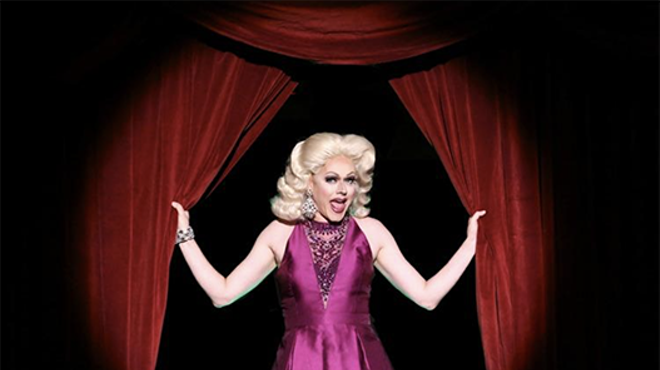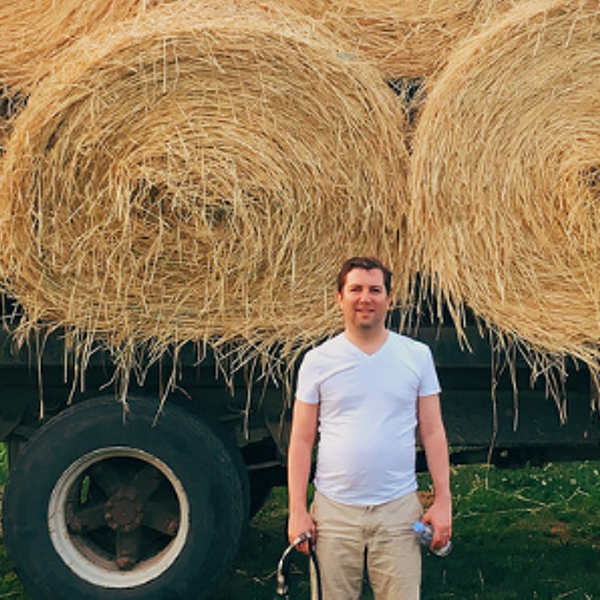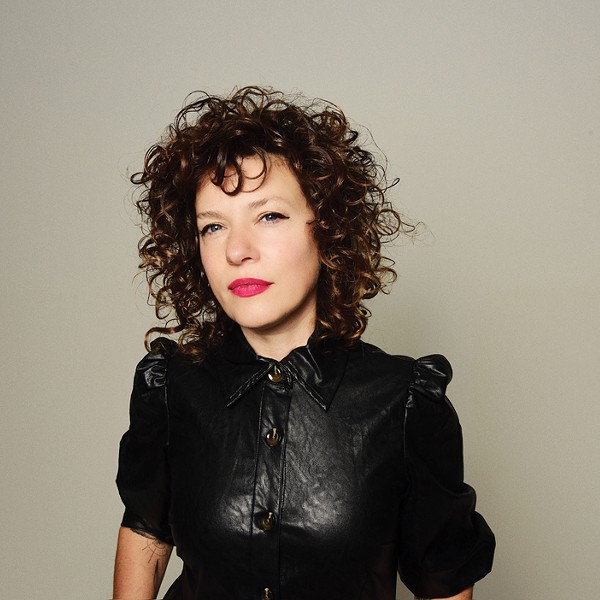The tagline for "Hi-Phi Nation," Barry Lam's pop-philosophy podcast, is "a show about philosophy that turns stories into ideas." Lam, a philosophy professor at Vassar College, seeks to extract big ideas, unquestioned assumptions, and unexamined conflicts from human-interest stories. Recent topics have included mid-life crises, cover songs in popular music, and reconciling religious and empirical beliefs. Think of it as the podcast Ira Glass would produce if he were a philosophy professor. The third season of "Hi-Phi Nation" launched on January 31.
How does a philosophy professor come to start a podcast?
I noticed that there was a burgeoning of academic-adjacent radio documentaries—shows that integrated journalism and storytelling with economics reporting or brain science reporting or social science reporting or psychology. I got this idea that it would be great if there was a show that connected storytelling about people's lives or history or the law or science or pop culture to the kind of questions that philosophers like to think and talk about.
One of the goals of "Hi-Phi Nation" is to make philosophy accessible to everybody. Why should everyone have access to philosophy?
People are looking to the social sciences for answers to various problems. Economics is often used in this way. What I think economists have done really well, and Freakonomics has played a big role in this, was to present the kind of things that were happening academically in economics in a way that applied to and made people have a reaction like, "Oh I think I understand the world a little bit better." But there are many other ways to frame problems. Philosophy is one of them.
Economists enjoy great media cachet. I don't see philosophers being revered in the same way as go-to problem framers.
Philosophy has the reputation of being a little old-fashioned or weirdly inaccessible. We haven't done a good job in philosophy of putting ourselves as one of the branches of people who have been thinking about these kinds of things and have a stake in it and can offer a way of approaching these problems that an ordinary person concerned with social issues and what's happening with the world can access. The public has to feel that philosophers are offering an insight versus just arguing endlessly amongst themselves about things that nobody else cares about.
For your podcast to succeed, you can't just sit there and talk about philosophy. You have to tell a story as well.
Yes, that's exactly it, that's the thing that my show does differently from other philosophy shows. If you go into podcasts and you do a search, you're going to get one-on-one discussion shows where hosts go, "Let's talk about this issue, free will." Here's an argument that we have, let's discuss it. That's going to appeal to the people who came into it, interested in that question and want to think about that. For me, I need to find the story. In the case of free will, I connected it to the problem of addiction and the US justice system. How are addicts treated? Are they treated as though their acts were an act of will, something that they have control over? And so, are they punished for relapsing? Or are they treated as though this is a symptom of a disease—like people aren't punished for having diabetes. Even if the diabetes leads them to acts of desperation. There's even a court case about diabetes. That's the kind of thing I'm doing.
So then, how do you choose which topics to tackle on the podcasts?
There's a lot of different ways. One of the most common ways is that I come across a philosophical issue or philosopher who wants their revenue idea that they're working on. I interview them and think about what the right story is that will raise a particular problem like that—that'll be important and relevant for the listener. I start with the philosophy and look for the right story.


















